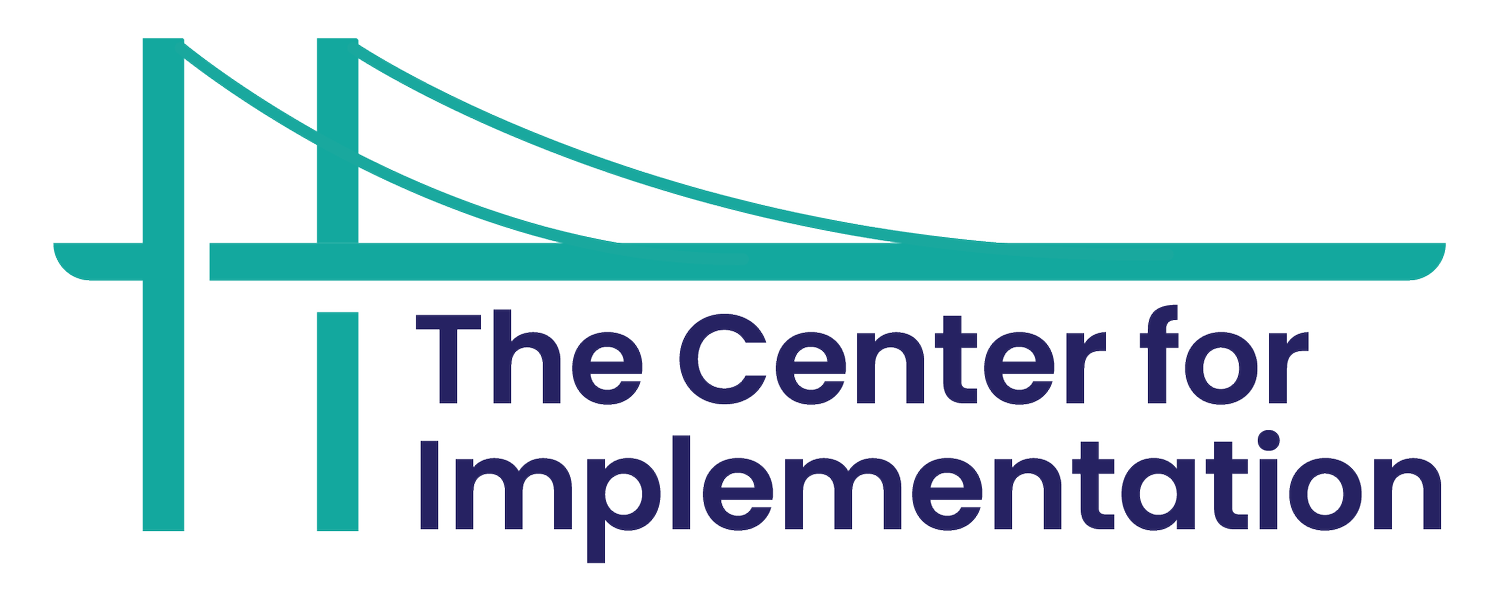Fostering System Readiness for Implementation: The MamaToto Package
By Kimberly Manalili, Researcher, Global Health, University of Calgary, Teddy Kyomuhangi, Program Manager, Healthy Child Uganda, Mbarara University of Science and Technology, and Dr. Jenn Brenner, Director, Global Maternal Newborn and Child Health, University of Calgary
Despite major investments in developing effective global health interventions, sustained and meaningful improvements in population health in low-income contexts remain hindered due to challenges in the uptake and the delivery of these interventions (Brownson et al., 2017). While policymakers, researchers, and practitioners in global health have long advocated for system strengthening approaches to enhance effectiveness, little attention has been made to ensuring that local governments and non-governmental organizations are actually ready to deliver and support implementation (Dearing, 2018).
The MamaToto Package was developed in 2015 by the Healthy Child Uganda Partnership , which includes Mbarara University of Science and Technology in Uganda, the University of Calgary, and the Canadian Paediatric Society. It was developed based on more than a decade of implementation experience in Southwestern Uganda. The intervention is comprised of a package of strategies, approaches, and best practices that enhance the readiness of local health districts, health facilities, and communities to adopt, implement and sustain public health interventions. Initially developed to improve maternal, newborn, and child health in Southwestern Uganda, the intervention has since been adapted and tested for different contexts and populations, including implementation in the Lake Zone, Tanzania (locally known as the Mama Na Mtoto project; 2016-2020) and for a new Adolescent and Sexual and Reproductive Health project in Uganda (2020-2023).
As a readiness intervention, the theory of change for the MamaToto Package can be articulated using the heuristic, R=MC2 (Scaccia, 2015) - where where ‘R’ represents readiness; ‘M’ relates to motivation; and ‘C2’ refers to two kinds of capacity: ‘specific’ to a technical or content area and ‘general’ capacity to be capable of change. We developed a foundational framework of factors (‘foundations’) necessary to increase motivation for adopting, implementing and sustaining MamaToto. These factors include: promoting self-reliance (e.g. local solutions to local needs), fostering collective action (e.g. shared goals), embeddedness (e.g. alignment with existing policy and programs), a comprehensive approach (i.e. whole systems), and transparency (i.e. clear communication of expectations and roles). These factors were developed to stimulate positive perceptions of the intervention (Damschroder et al., 2009; Rogers, 2003) and promote self-determination (Ryan & Deci, 2017). Enhancing intervention specific capacity and general capacity are addressed by implementing four key strategies at the local health district level, health facility level, and community level.
These strategies are outlined in Table 1 below.
The strategies for enhancing capacity promote readiness through leadership engagement (mentorship, and meetings), provide available resources (equipping), and facilitate access to information (training) (Damschroder et al., 2009). Systems that adopt this package will be ready to implement any intervention, paving the way for future implementation efforts to improve and sustain population health.
References
Brownson RC, Colditz GA, Proctor EK, editors. Dissemination and implementation research in health: translating science to practice. Oxford University Press; 2017 Dec 5.
Dearing JW. Organizational readiness tools for global health intervention: a review. Frontiers in public health. 2018 Mar 2;6:56.
Scaccia JP, Cook BS, Lamont A, Wandersman A, Castellow J, Katz J, Beidas RS. A practical implementation science heuristic for organizational readiness: R= MC2. Journal of Community Psychology. 2015 Apr;43(4):484-501.
Damschroder LJ, Aron DC, Keith RE, Kirsh SR, Alexander JA, Lowery JC. Fostering implementation of health services research findings into practice: a consolidated framework for advancing implementation science. Implementation science. 2009 Dec;4(1):50.
Rogers EM. Diffusion of innovations. Free Press. New York. 2003;551.
Ryan RM, Deci EL. Self-determination theory: Basic psychological needs in motivation, development, and wellness. Guilford Publications; 2017 Feb 14.
This article was featured in our monthly Implementation in Action bulletin! Want to receive our next issue? Subscribe here.




